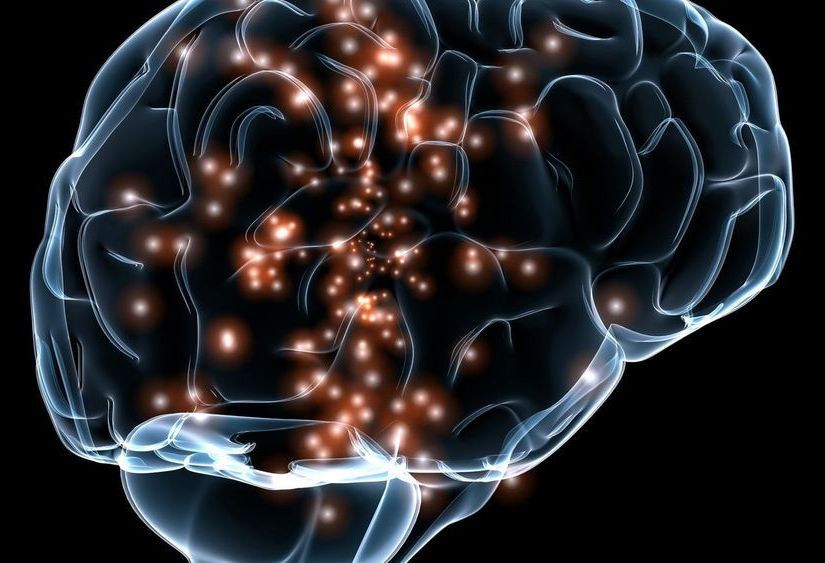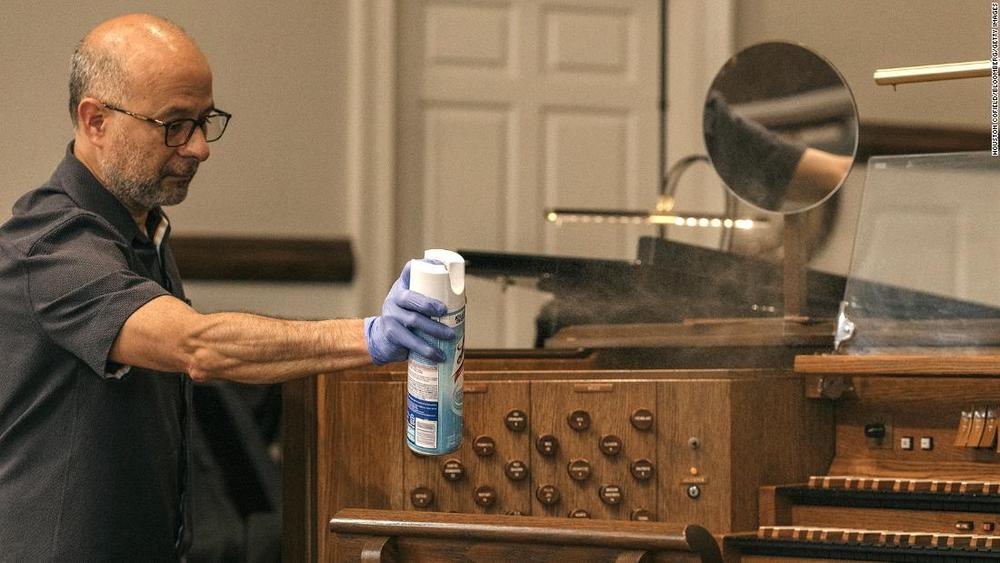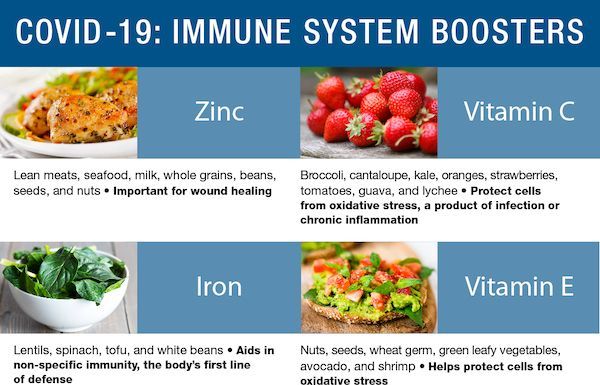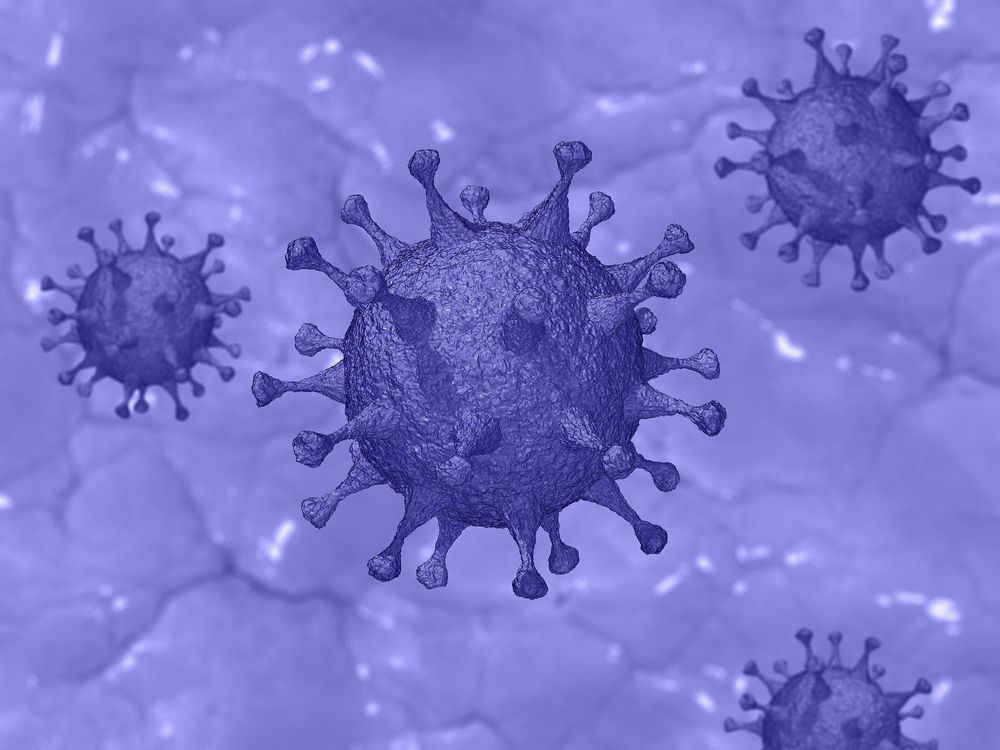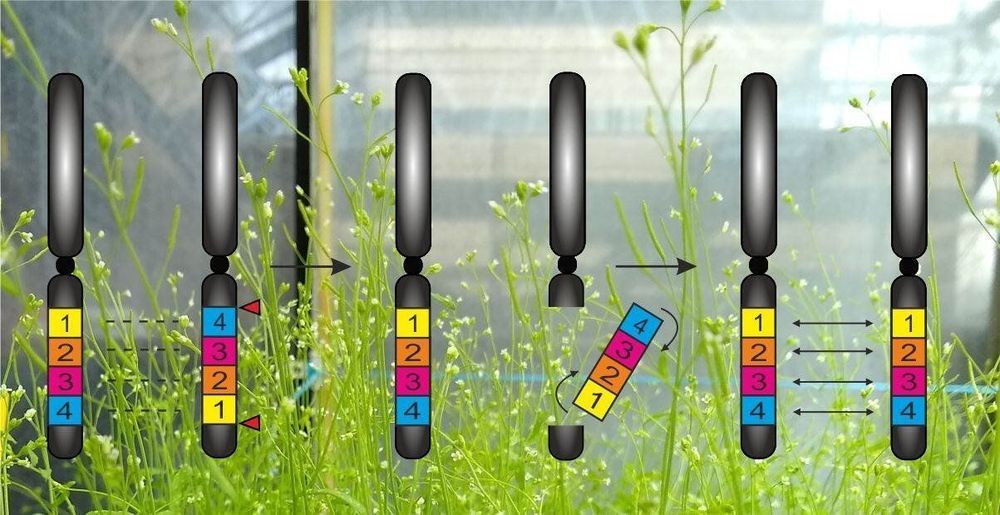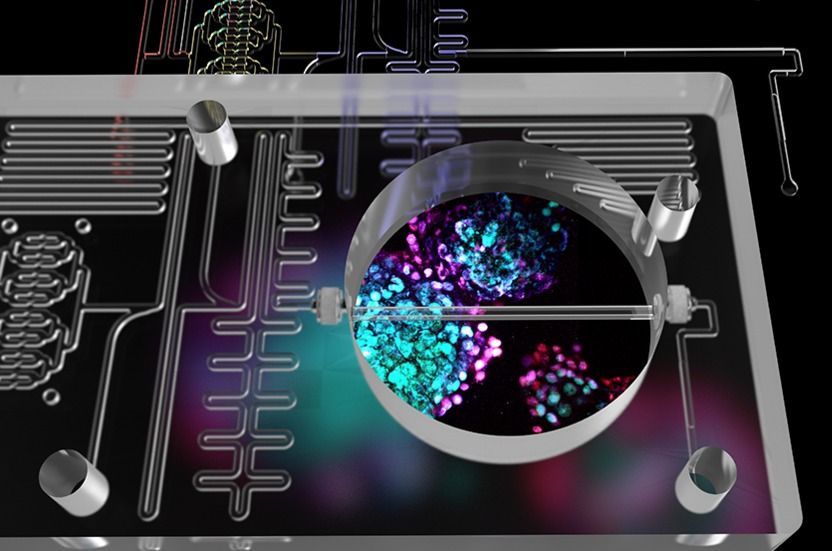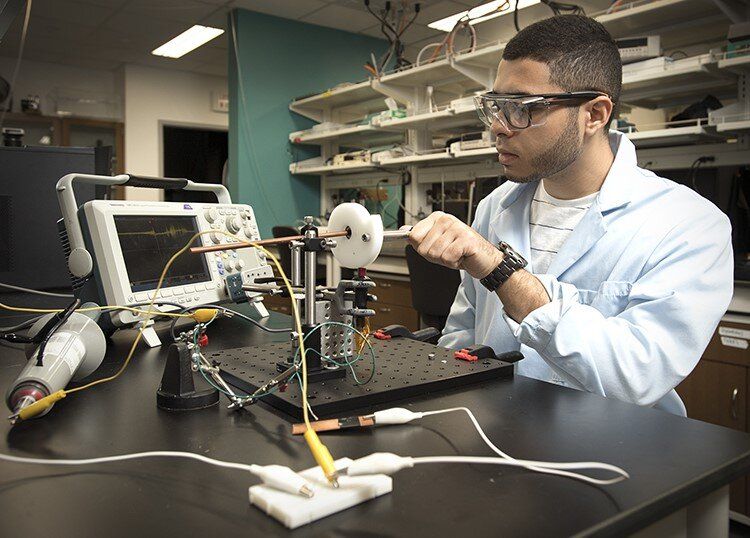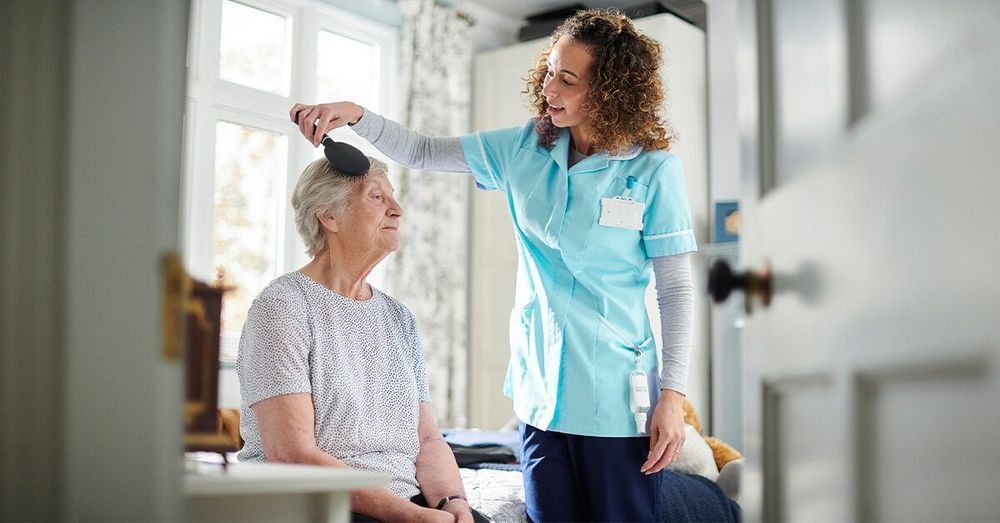Sep 6, 2020
DARPA teams begin work on tiny brain implant to treat PTSD
Posted by Quinn Sena in categories: biotech/medical, computing, neuroscience
Circa 2014 o,.o.
The Defense Advanced Research Projects Agency, or DARPA, has announced the start of a five-year, $26 million effort to develop brain implants that can treat mental disease with deep-brain stimulation.
The hope is to implant electrodes in different regions of the brain along with a tiny chip placed between the brain and the skull. The chip would monitor electrical signals in the brain and send data wirelessly back to scientists in order to gain a better understanding of psychological diseases like Post-Traumatic Stress Disorder (PTSD). The implant would also be used to trigger electrical impulses in order to relieve symptoms.
Continue reading “DARPA teams begin work on tiny brain implant to treat PTSD” »
